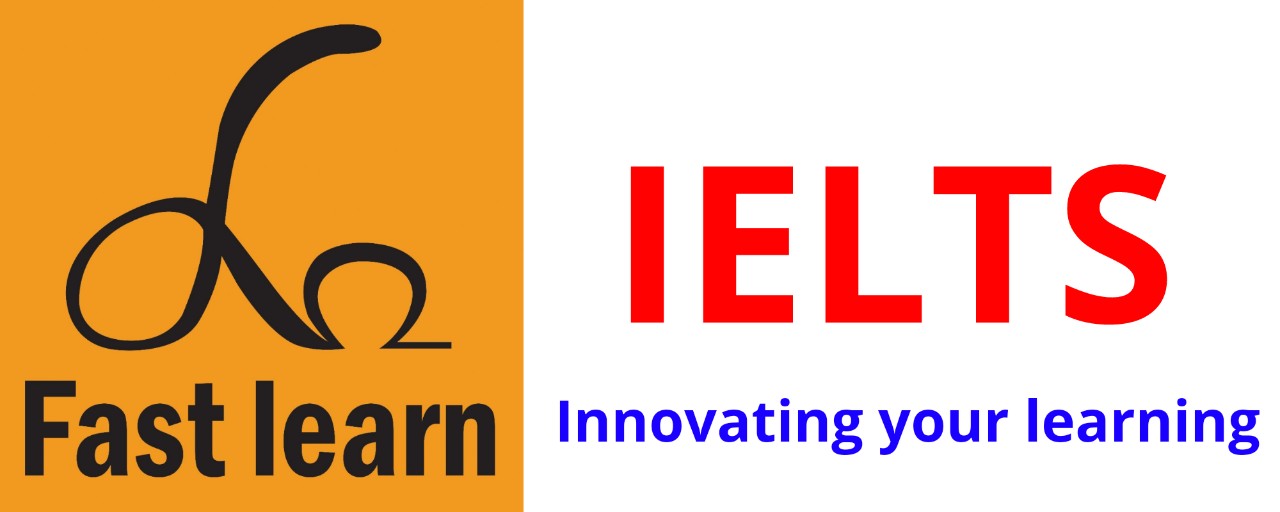Introductions in IELTS Writing Task 2 – Part 3
Following are the introductions of questions 11-15. For more sample introductions and theories of writing Introductions for IELTS Writing Task 2, please see post 1 and post 2
Question 11: (introduction for IELTS Writing Task 2)
The consumption of the world’s natural resources is increasing at alarming rates. What are causes and solutions?
Introduction 1:
Due to escalating human consumption, the world is facing the imminent depletion of many natural resources, including fresh water. Multifaceted causes for this problem are evident, and thus creative solutions to this over-consumption must be generated
Introduction 2:
Humankind is consuming natural resources at an alarming rate, which will undoubtedly lead to their depletion in the near future. This lavish use stems from specific causes, and solutions need to be devised to curb wasteful habits.
Question 12: (introduction for IELTS Writing Task 2)
Whether or not someone achieves their aims is mostly by a question of luck. To what extent do you agree or disagree?
Introduction 1:
Many wish others luck as they prepare to do something important. It is also a charm that people pray for to succeed in their plans. However, I believe luck is not the leading facet in achieving success.
Introduction 2:
Some people attribute luck to more than half of their success, saying: man proposes, but God disposes. However, in my opinion, hard work and reasonable plans play a more important role than luck in reaping success.
Question 13: (introduction for IELTS Writing Task 2)
Scientists agree that people are damaging their health by eating too much junk food. While some people believe that the solution is to educate people, others think education will not work. Discuss both views and give your own opinion.
Introduction 1:
Junk food has made an appearance in every corner of the world, generating a myriad of health problems. To reduce the consumption of such food, some say education is the key, while others insist that imposing taxes or banning junk food will curb the problem. I myself think that it is time to implement strict measures, as even frequently-warned consumers cannot refrain from over snacking.
Introduction 1:
Although the unhealthy properties of junk food are widely known, snacks are still the favourite food of many. When it comes to reducing the consumption of junk food, a debate rages on between those who advocate and oppose education as a solution to the problem. However, in my opinion, creating awareness has been long applied, and it is time for stricter solutions.
Question 14: (introduction for IELTS Writing Task 2)
Young people are encouraged to undertake volunteer work to help people in society. Are the drawbacks of this time investment greater than the benefits brought to society and individuals?
Introduction 1:
Voluntary work is encouraged among students and graduates alike because it provides great benefits to those who are involved. Although unpaid work for the community can be time consuming and even troublesome at times, the advantages it offers far outweigh its disadvantages.
Introduction 2:
Young people kill two birds with one stone when they engage in volunteer work to help communities develop. Because they build work experience and empower those in need, I believe the benefits of doing this unpaid work outweigh the disadvantages.
Question 15: (introduction for IELTS Writing Task 2)
In some countries, secondary schools aim at providing general education across a range of subjects. In others, they focus on a narrow range of subjects. Which system do you think is more appropriate in today’s world?
Introduction 1:
Secondary school is the time when learning goals shift from behavior and etiquette in primary school to knowledge about the greater world. Therefore, if I can choose between a secondary school teaching a wide range of subjects and one with a narrow range, I will opt for the former for many reasons.
Introduction 2:
Learning outcomes for middle schoolers are a controversial topic. In some countries, secondary schools offer a wide range of subjects while a narrow range of academic knowledge is required in others. As for me, I strongly support a diverse programme for secondary students.
